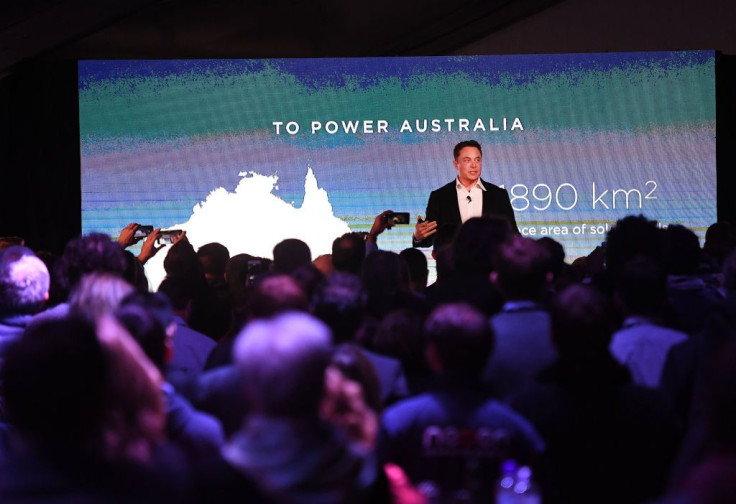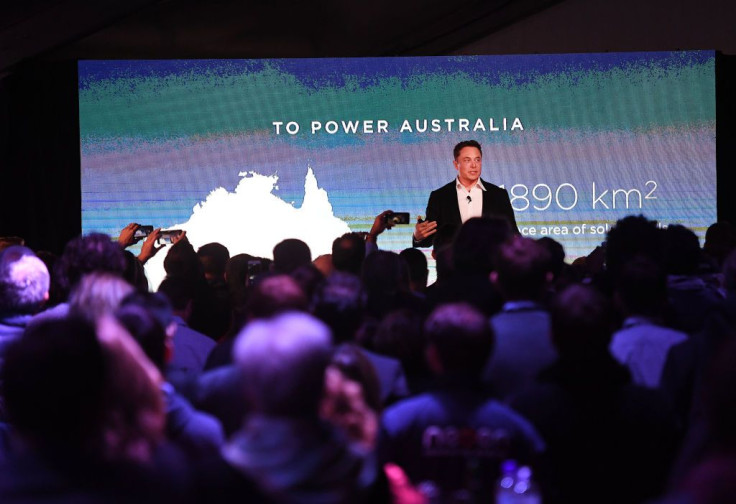Tesla's Maxwell Acquisition Blocked, Investors Sue To Halt 'Unfair' Process

A group of investors at Maxwell Technologies today filed a class action lawsuit in a San Diego federal court to block the all-stock acquisition of the firm by Tesla, Inc.
They claim the deal sold Maxwell to Tesla at an “unfair” price in an “unfair” process. The Maxwell board of directors has approved Tesla’s offer to acquire the company for $4.75 per share, making the transaction worth about $218 million.
Before the acquisition was announced, Maxwell’s stock traded at over $3.00 per share, giving the company a market cap of $140 million.
It was only on Feb. 4 that Tesla CEO Elon Musk announced Tesla’s acquisition of Maxwell Technologies. In a statement revealing the Maxwell buy-in, Tesla said it’s always looking for potential acquisitions that make sense for the business and support Tesla’s mission to accelerate the world’s transition to sustainable energy.
Musk is particularly interested in a product Maxwell produces called “supercapacitors (or ultracapacitors). These devices store and deliver energy much the same way a battery does but provide more power and shorter charging times.
“I'm a big fan of ultracapacitors,” Musk once tweeted.
Improved power storage such as those provided by supercaps is essential to two of Tesla’s main products: its battery-powered Tesla electric sedans and Tesla Powerwall, a battery system used for back-up power in homes.
Maxwell’s customers include General Motors and Lamborghini. It makes supercaps used in automobile batteries to extend their service lives. Supercaps are also used to store massive amounts of electricity in national power grids.
Combined with the energy of batteries, ultracapacitors can enable rapid response times, extend operational temperature range and lengthen battery life by up to two times, according to a Maxwell. Supercaps hold energy in an electrical field and not in chemical form.

Future supercaps, however, will charge a lot faster than lithium-ion batteries (a few minutes compared to 8 hours); will be cheaper (because they’ll be made from non-metal polymers) and will be inflammable. The only problem with supercaps is they can hold a tiny electric charge, and this for only a few minutes.
As it stands today, the maximum charge that can be held by supercaps today is a puny 10 Wh/kg, which is about 5 percent of the full charge held by a Li-ion battery of the same weight. This means one would need a supercap the size of a shipping container to power a Tesla Model 3 sedan, for example.
Massively boosting the charge held by supercaps while seriously reducing supercap size will likely be the key problem Musk wants solved with his acquisition of Maxwell Technologies.
© Copyright IBTimes 2025. All rights reserved.





















